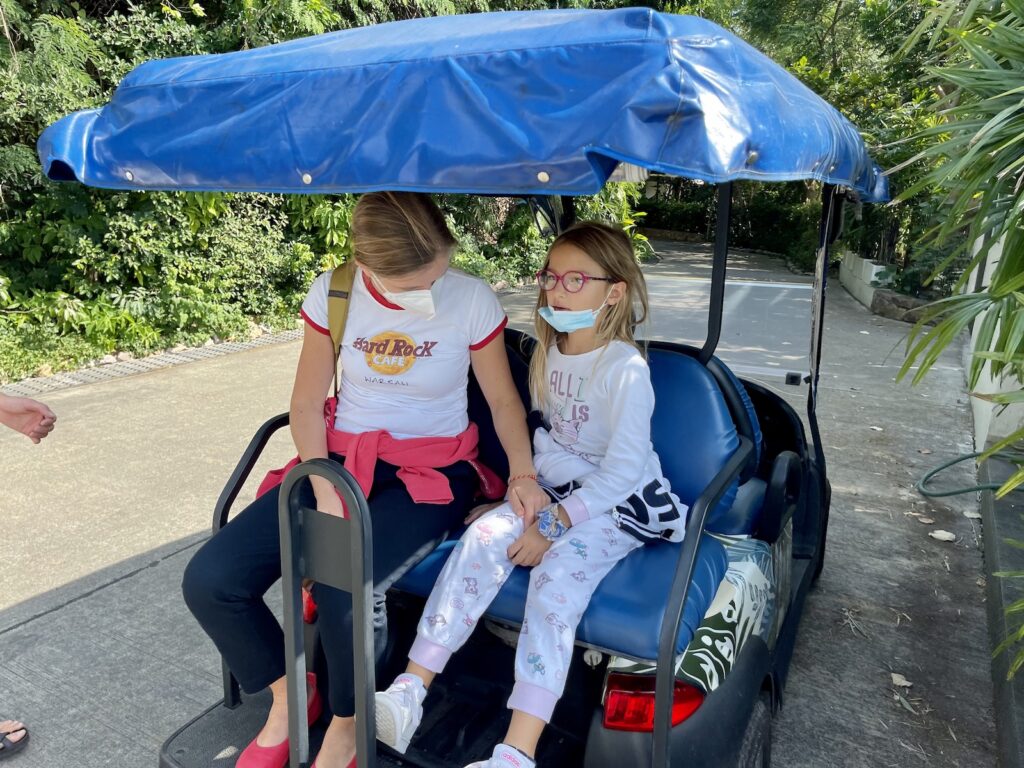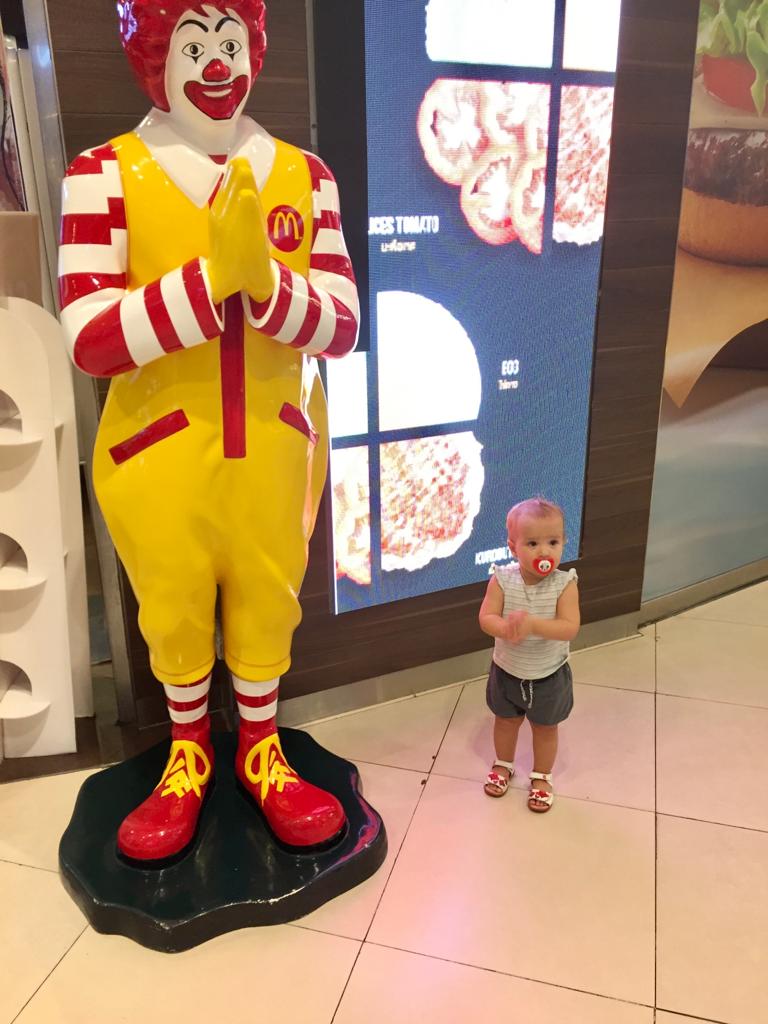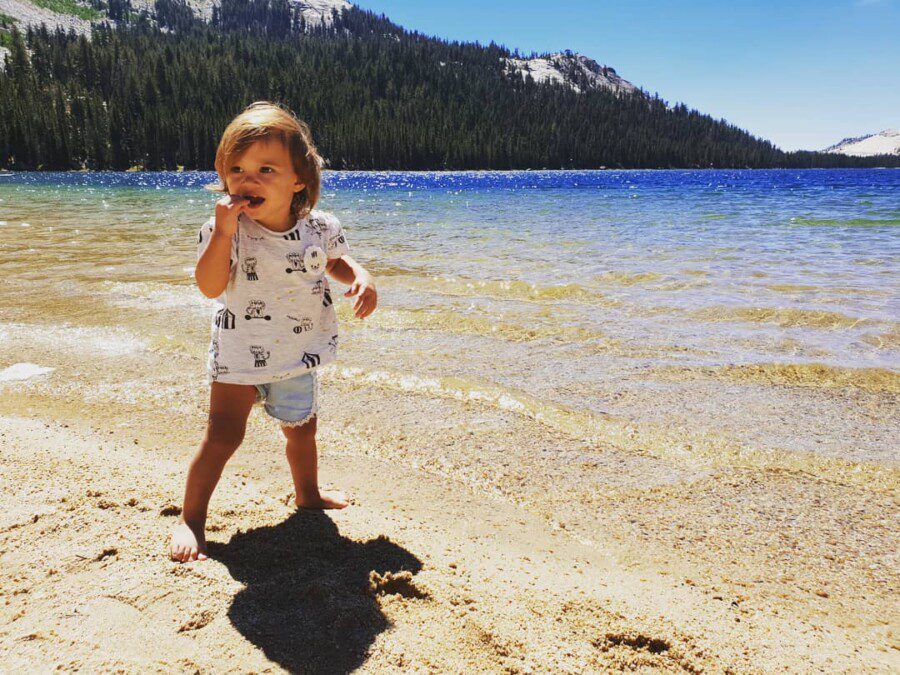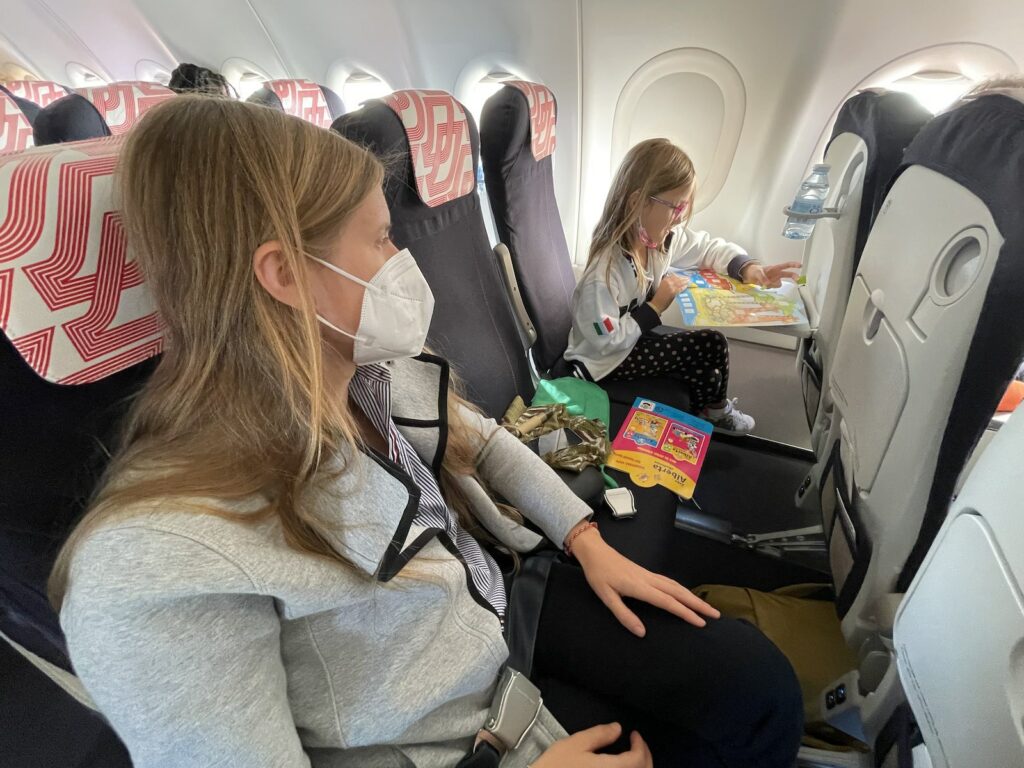Traveling with a child helps his or her growth
Traveling with a child can seem difficult, a kind of challenge full of obstacles and contingencies. So much so that, often, people prefer [...]
Traveling with a child can seem difficult, a kind of challenge full of obstacles and contingencies. So much so, in fact, that people often prefer to postpone more challenging trips until after their children have grown up. However, according to experts, traveling with a child small has several advantages. Especially for him. Travel makes babies more empathic, plus open to differences cultural. It allows them to adapt to changes, develop language, and savor the taste of adventure.
In this article:

By traveling, children learn to Developing meaningful relationships by overcoming all differences: visiting distant countries with different cultures helps them understand how humans are actually all the same. On the road, they will play with children of every color, language and culture. And, once back home, they will do exactly the same.
Why traveling with a child is important
Perhaps a very young child will not remember that trip specifically, but specialists agree that that same trip Will influence its development. In fact, the most rapid brain development occurs in the first five years of life, especially in the first three. Surrounding children from birth with people who are different cultures, customs and skin color "normalizes" that experience. Traveling therefore means. educating them about diversity, to feeling good everywhere, and being citizens of the world. Teachings, these, that they will carry with them until they are adults. The values that are learned as children, after all, are the foundations of an entire life.
Traveling with a child, starting from 6 months of age, also helps him or her in the language development. Whereas, when already of school age, travel is an added advantage. It matters little what the destination is: it is the journey itself that makes children more open-minded, more curious, free of prejudice.
How to maximize the travel experience for children
To allow your child to experience the trip to the fullest, you can adopt a few small tricks.
Take a walk in a working-class neighborhood. Although it is nice to see the main attractions of a destination, walking through a popular neighborhood can be impactful. A child's brain tends to make connections based on what is familiar to him: it goes without saying that rather than a monument, what is familiar to him is a residential neighborhood with schools and playgrounds.
Create a tradition. To help your child relive the trip, create a tradition at each place you visit: buy a book in the local language, learn how to prepare a typical recipe, or whatever might interest him or her.

Create play opportunities with local children. Allowing your child to play with the children of the places you visit helps his development since, in order to be understood, he will have to use inventiveness to communicate.
Turn the journey into a game. Especially when visiting a place of culture, not exactly at the top of a child's interests, try making up a game: a small treasure hunt of the details of a painting is an idea that always appeals.
Prepare the baby in advance. Preparing children for what they are about to experience can go a long way: inform them in advance of jet lag, explain to them how many hours they will have to spend in the air. But fear not: children tend to be more adaptable to new situations than adults are.
- 6,000 Mile Registration Bonus
- Collect miles WITH EACH PURCHASE
- Your miles with no expiration*
- No fees for ATM withdrawals and foreign purchases
- Without having to change banks
- Autonomous card activation
- Multi-function mobile application
- Free travel insurance
- Free credit for up to 7 weeks
- Contactless Payment
- Mastercard® SecureCode




